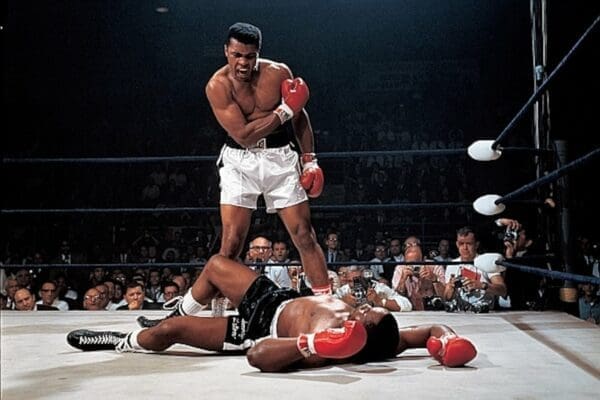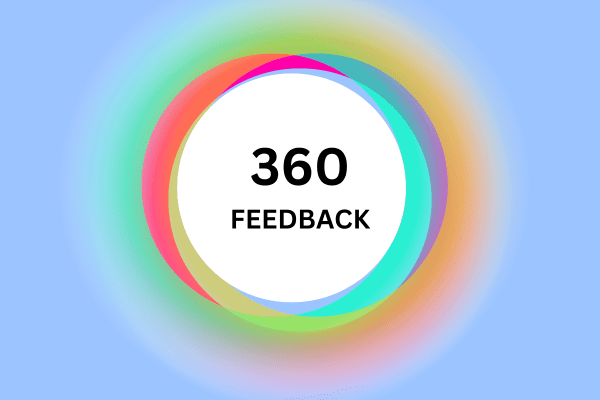You are Approaching Difficult Conversations All Wrong. Stop!
Why do they call a boxer that wants to be the best, champ? Because the people around him are reminding him every hour, and every day that he is a champ. Well, having difficult conversations can seem inevitable with ambitious goals such as a boxer wanting to be the best.
Imagine this scenario, if you will. The people around the boxer constantly remind him that he is a champ, and this positive and repetitive affirmation helps him believe that he can win and be the best.
The champ. Positive and repetitive affirmation that he is the best. Can win, will win, and will be the champ.
But what if they called him ‘Second,’ would it matter? Absolutely it would.
It’s because you’re a boxer wanting to be the best in the world and every hour, every day, the people that you trust to help you to win remind you that you are not going to win. Daunting isn’t it?
To come second, it would matter a hell of a lot if you wanted to be the best. That team certainly wouldn’t be making champions, they’d be making okay-boxers.
It’s not everything that they call him champ but it’s something, and that something matters.
Now, let’s turn to ‘difficult conversations.’ We have already called them ‘difficult’. So, what happens when we have our conversation? Yep, it was difficult.
The same affirmation that boxers hear, you hear. ‘It will be difficult, it will be difficult, it will be difficult.’ It’s like programming a computer. Programming it to achieve an end result.

Similarly, when we approach having difficult conversations, we often tell ourselves that it will be difficult, programming ourselves for a negative outcome. If this is you, you’re having difficult conversations the wrong way. So how do you correct it?
Here’s the Right Way to Do It!
Stephen Covey, the author of ‘The 7 Habits of Highly Effective People’, called it in Habit #2 – ‘Begin with the end in mind.’ You might also know it as sports visualisation.
Interestingly enough, Mohammed Ali, the greatest heavyweight boxer of all time used sports visualisation as he trained, seeing his opponent on the canvas. Ali imagined this over and over again until he made it true.
But here’s the rub…it works both ways. You can programme a positive outcome or a negative one. When you are programming a negative outcome, you will find yourself having a difficult conversation.
So, what do we do? ‘Challenging conversation’ – maybe. But I fear the word challenging has lost all meaning. I favour ‘open.’
Saying to yourself, ‘This will be an open conversation.’ Already, your words, your body language, your tone, and your mindset line up behind the word accordingly.
You’re not ready for a fight, as with difficult, but ready to collaborate, and listen, whilst being open yourself.

So just like a boxer uses sports visualisation to imagine a positive outcome, we can programme ourselves for a positive outcome by reframing the conversation as an “open conversation” rather than a “difficult conversation.”
Next time, you find yourself having difficult conversations, re-programme yourself. It’s an open conversation.




